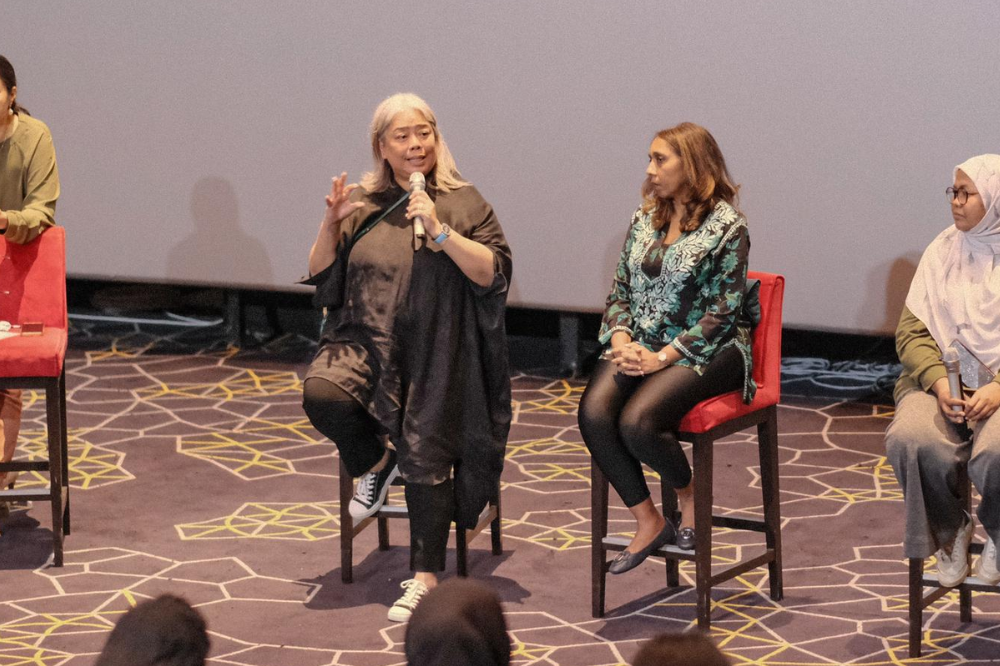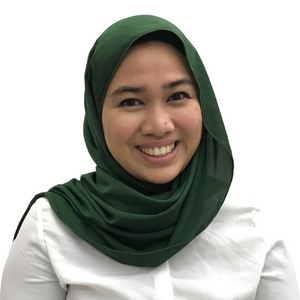Foundlings are foreigners is a complete myth: "No two-month old crawls into this country"
The ramifications, Dr Hartini Zainudin said would be profound as their access to fundamental rights, from education to healthcare, hinges on legal recognition and citizenship.

PETALING JAYA - In the realm of migration and citizenship, the terms "refugees," "migrants," and "stateless individuals" have often been jumbled up together, yet each holds distinct characteristics and ramifications.
As discussions loom over impending citizenship amendments in the Federal Constitution, the spotlight intensifies on these vulnerable groups and the potential fallout they face.
Yayasan Chow Kit co-founder Dr Hartini Zainudin sheds light on the critical need for clarity especially among Malaysians and how the expected amendments impact foundlings and children.
Refugees, she said, were defined by their pursuit of refuge from war, conflict, or persecution, typically arrive with passports, seeking sanctuary in foreign lands. She said their recognition hinges on registration with United Nations High Commissioner for Refugees (UNHCR) delineating them as distinct entities deserving of international protection.
In contrast, she said migrants embark on journeys driven by aspirations for a better life, often propelled by employment prospects. Initially armed with passports, their status may shift upon overstaying visas or encountering unforeseen circumstances, rendering them undocumented and vulnerable.
She said majority of the time, these two categories have their own passports.
Hartini said statelessness unveils a unique plight, particularly poignant in the case of foundlings – abandoned infants devoid of legal identity. The ramifications, she said, would be profound as their access to fundamental rights, from education to healthcare, hinges on legal recognition and citizenship.
Hartini's impassioned plea unveils the stark reality: without legal identity, these individuals languish in societal limbo, bereft of the most basic human rights.
“Foundlings are abandoned infants who have not been documented, who we don't know who their parents are, who don't have legal identity because we don't know who their parents are and they are left in this coutry.
“They are most probably born in this country, in fact no two-month old crawls into this country.
“For all intent and purposes, foundling are Malaysians, in any way or shape,” she, who has been working in the field for the past 18 years.
Hartini said the impact on the foundlings will be devastating especially when it came to registering for a birth certificate and obataining their identity card.
As it is, she said it was already difficult for NGOs to register foundlings and obtain their birth certificate and citizenship despite the laws already stating “by operation”. The babies was "just a little bit luckier" if they were to be found by a Social Welfare Department officer, which she said that too experienced some level of difficulties.
Hartini said having the automatic right to citizenship was the first line of protection to these abandoned foundlings and children.
"When you don't have a citizenship you can't go to school, you can't access to health facility because you can't go to work, you can't have bank card, you can't leave the country.
"The assumption that stateless people, the foundlings are foreigners is a complete myth, almost all the category child stateless in foundling are born in this country, they never left.
"There is no national security threat, when you say there is national security threat, the assumption is that they are from outside the country coming in but they are not.
"Many of these children are abandoned - so who is supposed to take care when they have no parents? They have no life, it's the matter of survival - what you want them to do? They can't go to school, they can't do anything.
"What they can do in this state? Take them and throw in the river? Because at one point this was happening, people - mothers, young mothers who are having children were flushing their babies down the toilet - I had went to these young mothers and wrote notes saying 'please don't kill my baby, I will pick them up' and so I did," she recollected nearly a decade ago when baby dumping was in public washrooms were rampant.
Hartini was speaking in a public discourse after the special screening of the film "Abang Adik" about a two brothers' life and hardship on the streets on Kuala Lumpur without the blue IC. The story shows how they lived on the edge and always aware of authorities, fearing they would be stopped and treated as illegals.
During the event, questions were raised as to how such "regressive" move was agreed and approved by the unity government’s Cabinet line-up. Natural Resources and Environmental Sustainability Minister Nik Nazmi Nik Ahmad who was present at the event, responded: "I am part of the Cabinet, and I take collective responsibility."
Meanwhile, Lawyers for Liberty director Zaid Malek has called upon the government to separate amendments for Malaysia’s citizenship laws following regressive moves and would worsen the stateless people phenomena in the country.
He said although federal government’s latest move to amend citizenship laws follows a prolonged gender equality advocacy to allow Malaysian women the right to confer citizenship to their overseas-born children who are fathered by foreigners should be praised, it unfortunately comes with a catch.
He said the proposed changes has been coupled with "all the other ammendments" that eliminates the life of stateless children or individuals to get their citizenship recognised.
Here's the breakdown of the amendments and revisions as listed by advocacy groups during their meetings with the Home Ministry.
Download Sinar Daily application.Click Here!















